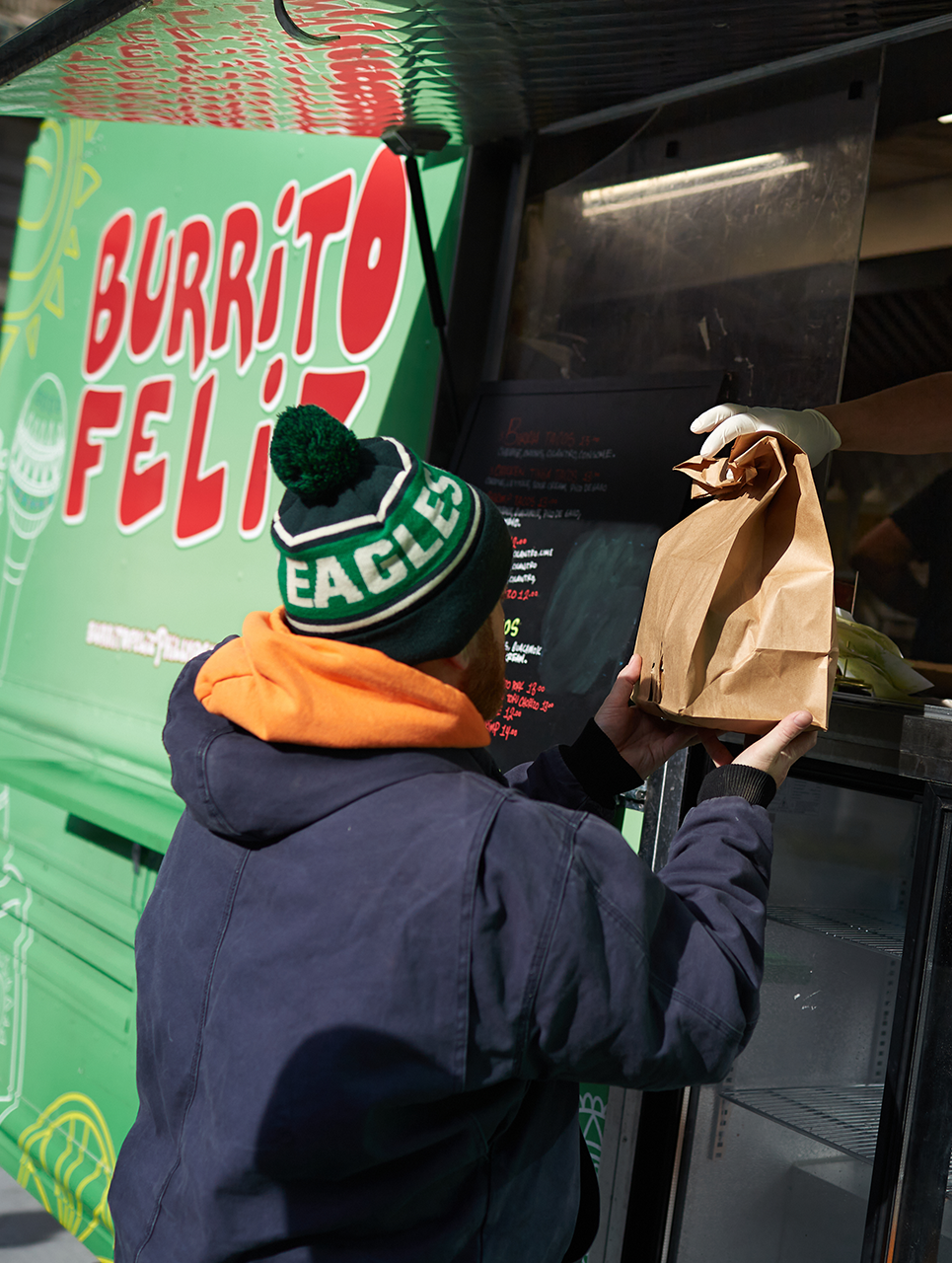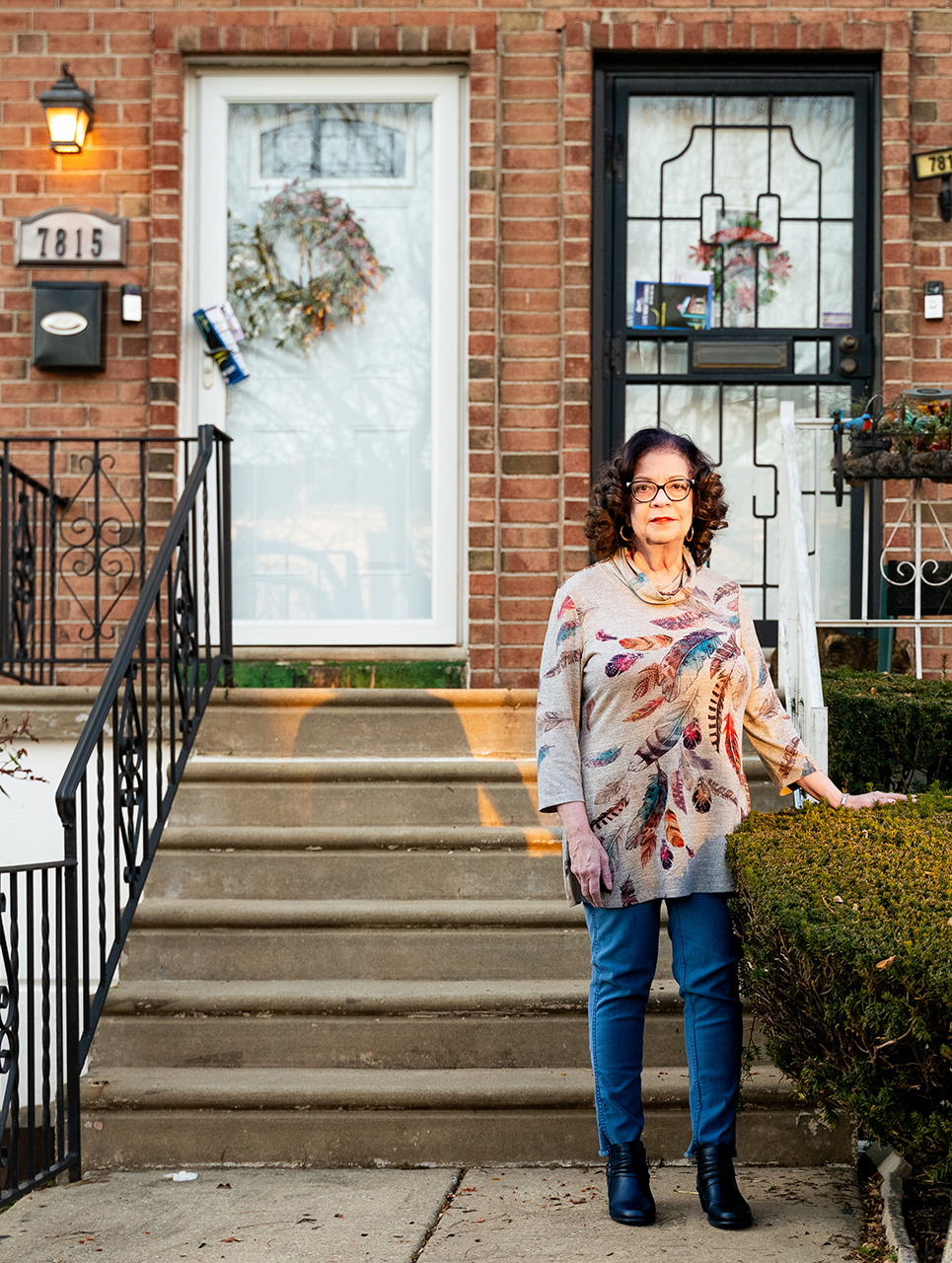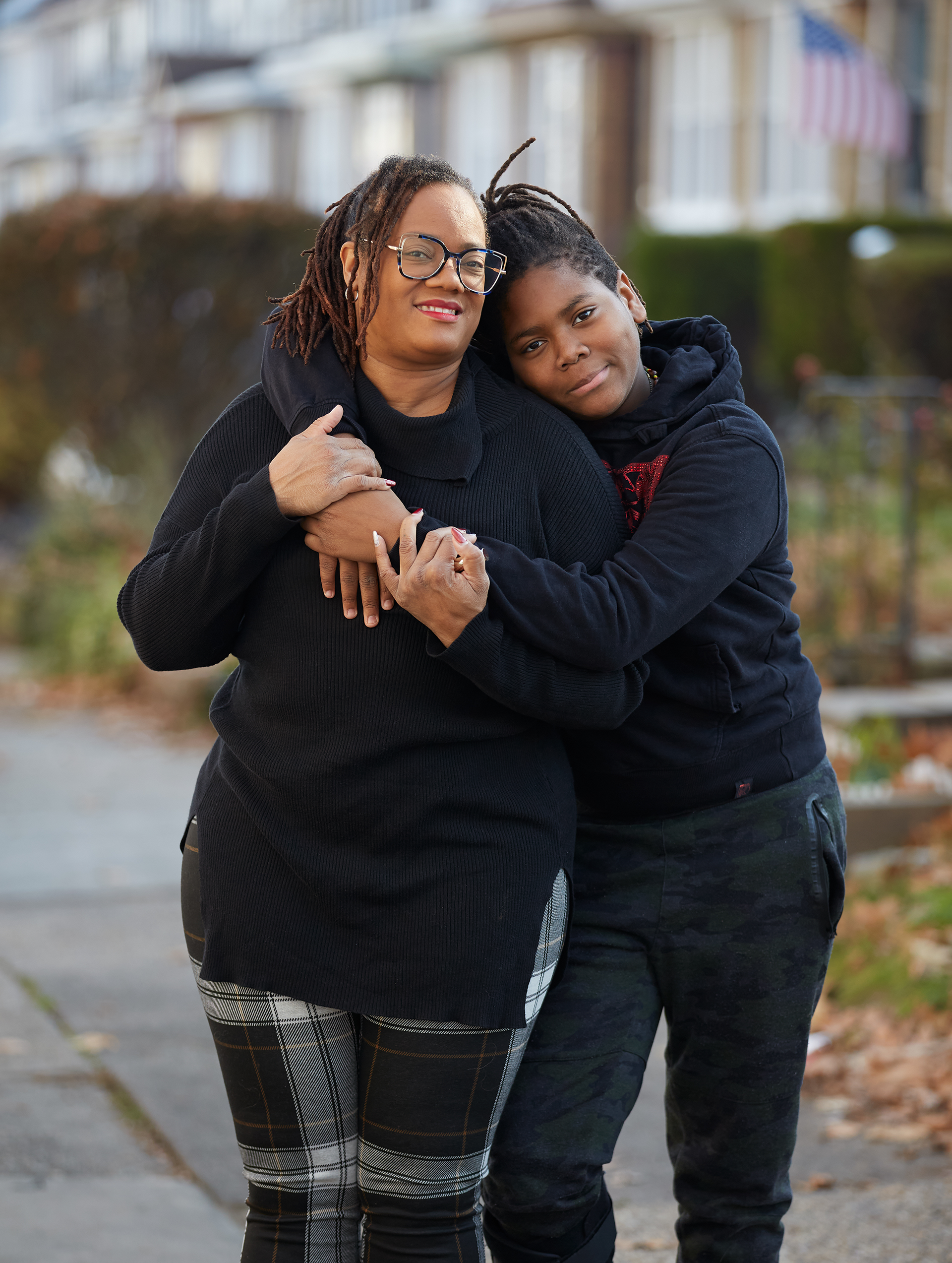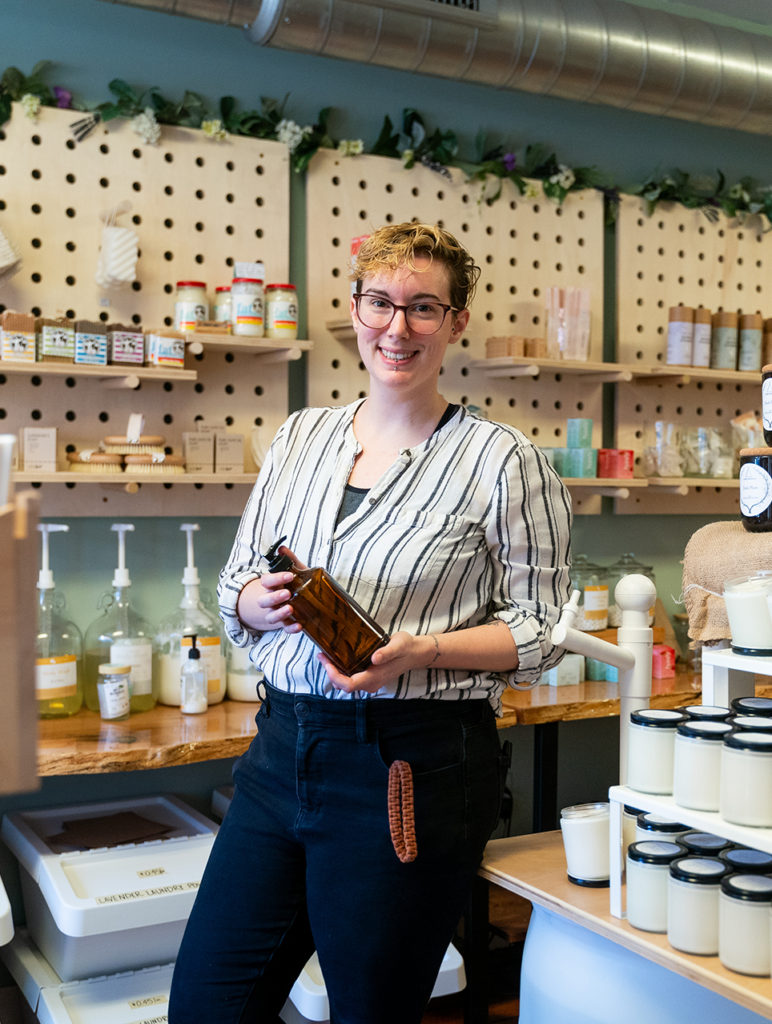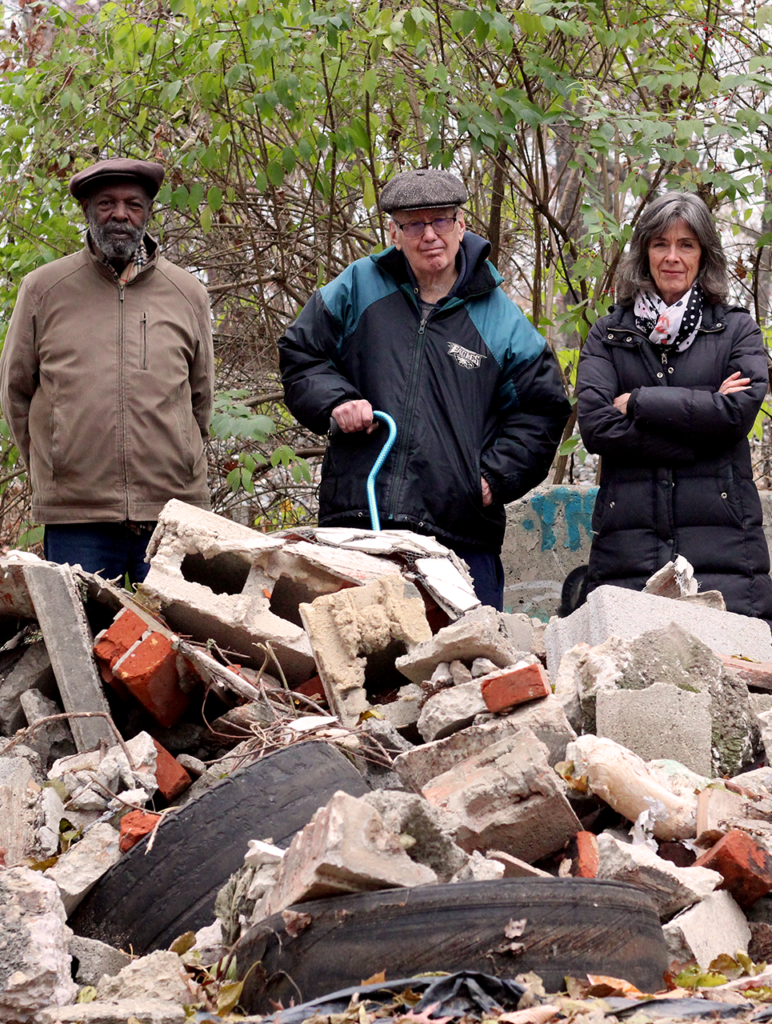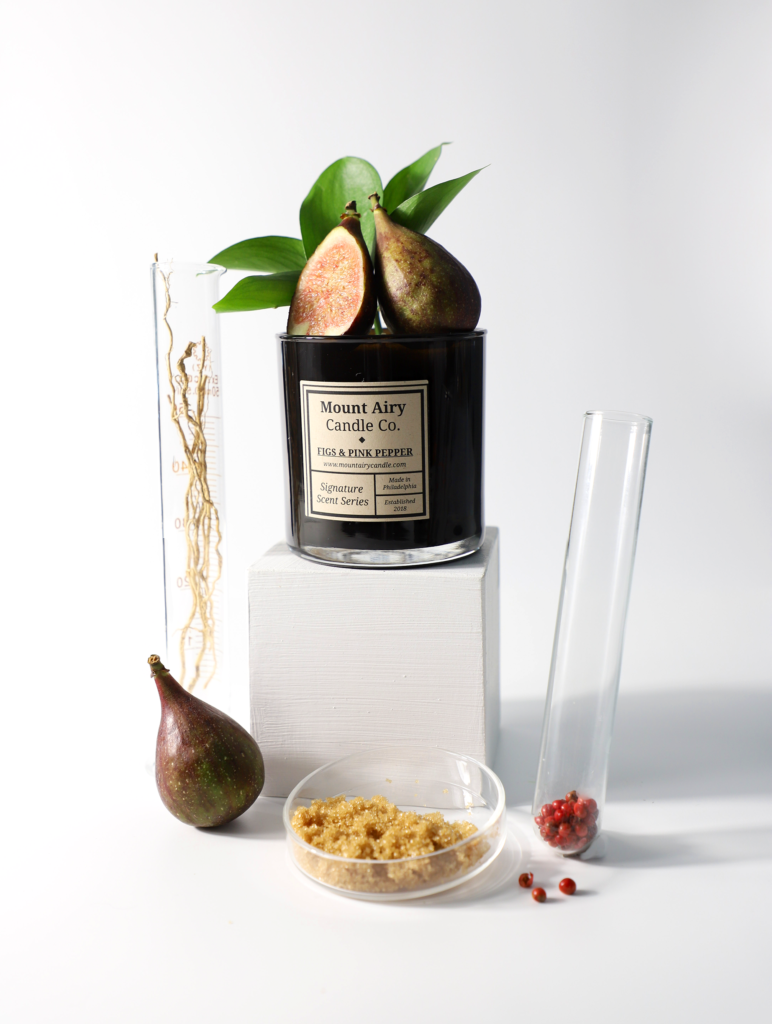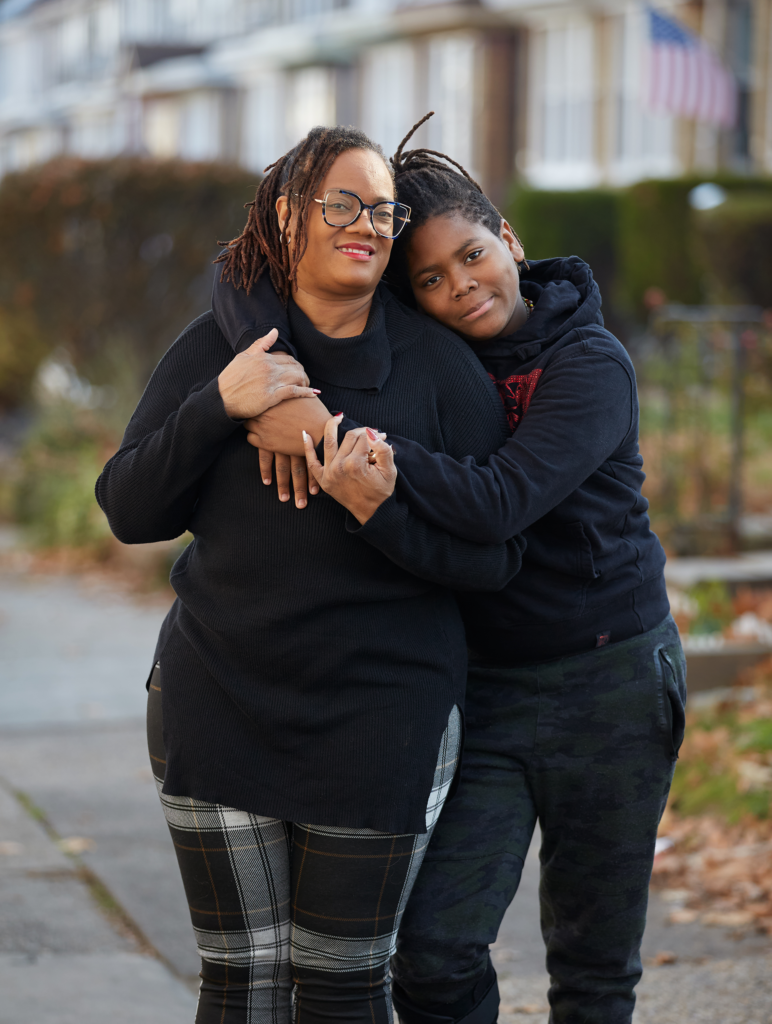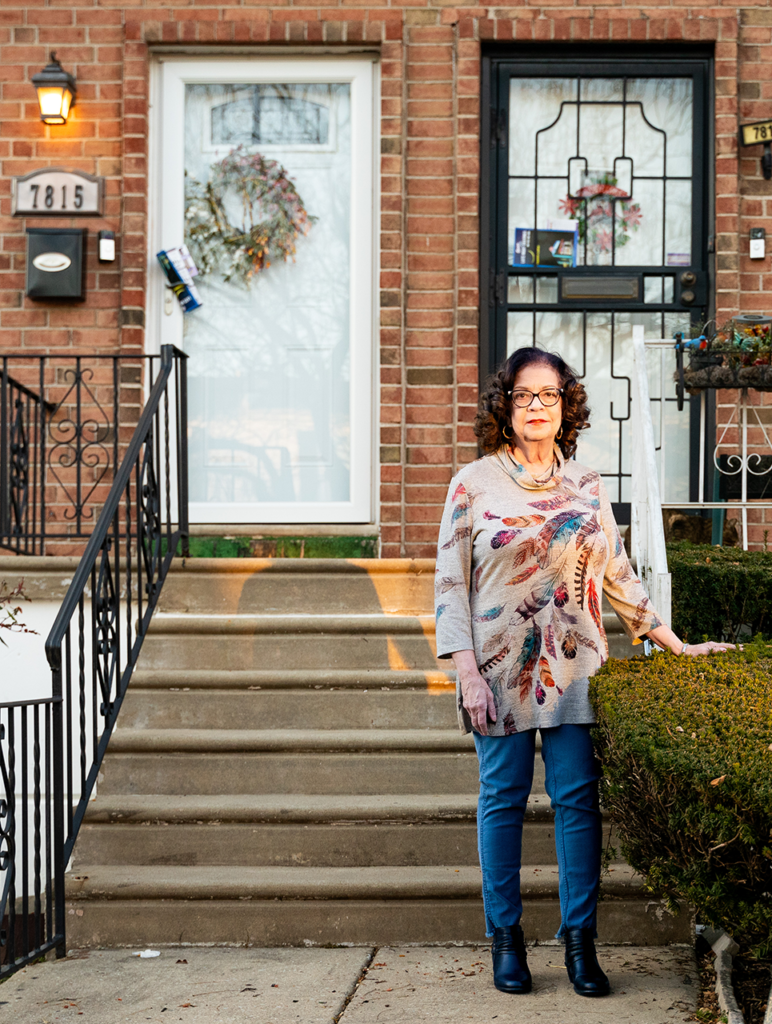Samuel Velasquez operates La Marqueza Philly, a colorful Mexican food truck near the Community College of Philadelphia. Before the City’s plastic bag ban, his customers received their orders in disposable plastic bags. These days, unless those customers offer up their own reusable bags, their orders come in paper bags.
As a step towards mitigating the use of plastics — which cause myriad environmental and health impacts — City Council passed legislation prohibiting retail businesses from giving out plastic bags in December 2019. Full enforcement was delayed by COVID-19 and began in April 2022.
Two years after the ban’s implementation, the Mayor’s Office released an independent study in April 2023: “Evaluating the Ban: Philadelphia’s Plastic Bag Ban and Changes in Bag Usage in the City,” which shows some progress. According to the report, the percentage of shoppers that used at least one plastic bag while grocery shopping has dropped from 64% before the ban to 4%. The researchers estimate that during that period, the law prevented the distribution of more than 200 million single-use plastic bags.
But there are still plenty of challenges. For one, the City relies on citizens to report businesses that violate the ban through Philly311. In a call to the 311 call center, an agent explained that when they receive a complaint, an inspector will go to the site within 20 days, and if the vendor is found to be out of compliance, inspectors will issue a violation, which comes with a $150 fine.
But many customers don’t report the businesses they patronize — in some cases because they think certain businesses, like food trucks, are exempt. A PennEnvironment Research & Policy Center report published in November 2023 found that 84% of food trucks surveyed in Philly are violating the ban.
Please write that customers should bring their own bags.”
— Samuel Velasquez, La Marqueza Philly food truck
Velasquez used to be among them. At the time, the seeming lack of enforcement of the ban and the lower cost of disposable plastic bags had lured him to go back to using them, he says. But recently, the fear of the steep fine drove him to reverse course again. “Most of us,” he said as he pointed up the street at the line of food carts, “were using paper bags at first.” But after a while the vendors went back to plastic.
“Please write,” Velasquez says, “that customers should bring their own bags.”
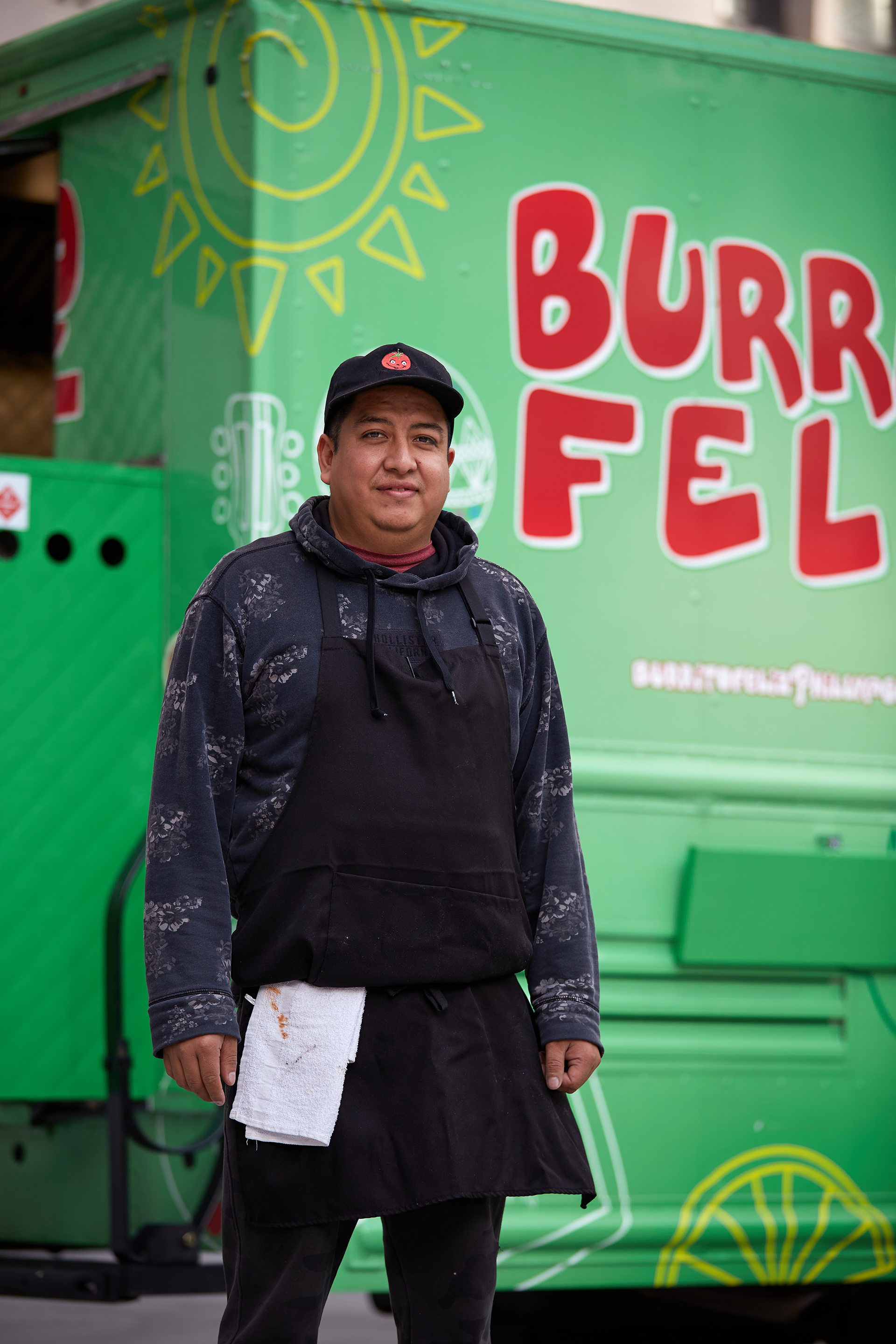
Miguel Nolasco, co-owner of Burrito Feliz Philly with his wife, Leticia Jolapa, says that he buys paper bags for his food truck business. “We changed to paper bags one year ago,” Nolasco says, “[but] the plastic bag is more economical.”
On restaurantsupply.com, the cost of paper bags is about double that of plastic bags. “It eats into profits,” Nolasco says. He adds that food vendors can still buy cheaper plastic bags at places like Restaurant Depot, a membership-based supply company with a location in Allegheny West, and he argues, given the ban, he doesn’t think these stores should be allowed to sell them.
Many environmental advocates think of the bag ban as a starting point and say that the City needs to find workable alternatives to the convenience of disposable plastics so that they don’t pass from consumers hands and trash cans into streets and waterways and further impact the health of residents.
And although the Mayor’s Office points to the success of the program, many believe that the addition of a bag fee would make it more effective — benefiting the environment and helping to keep food costs down.
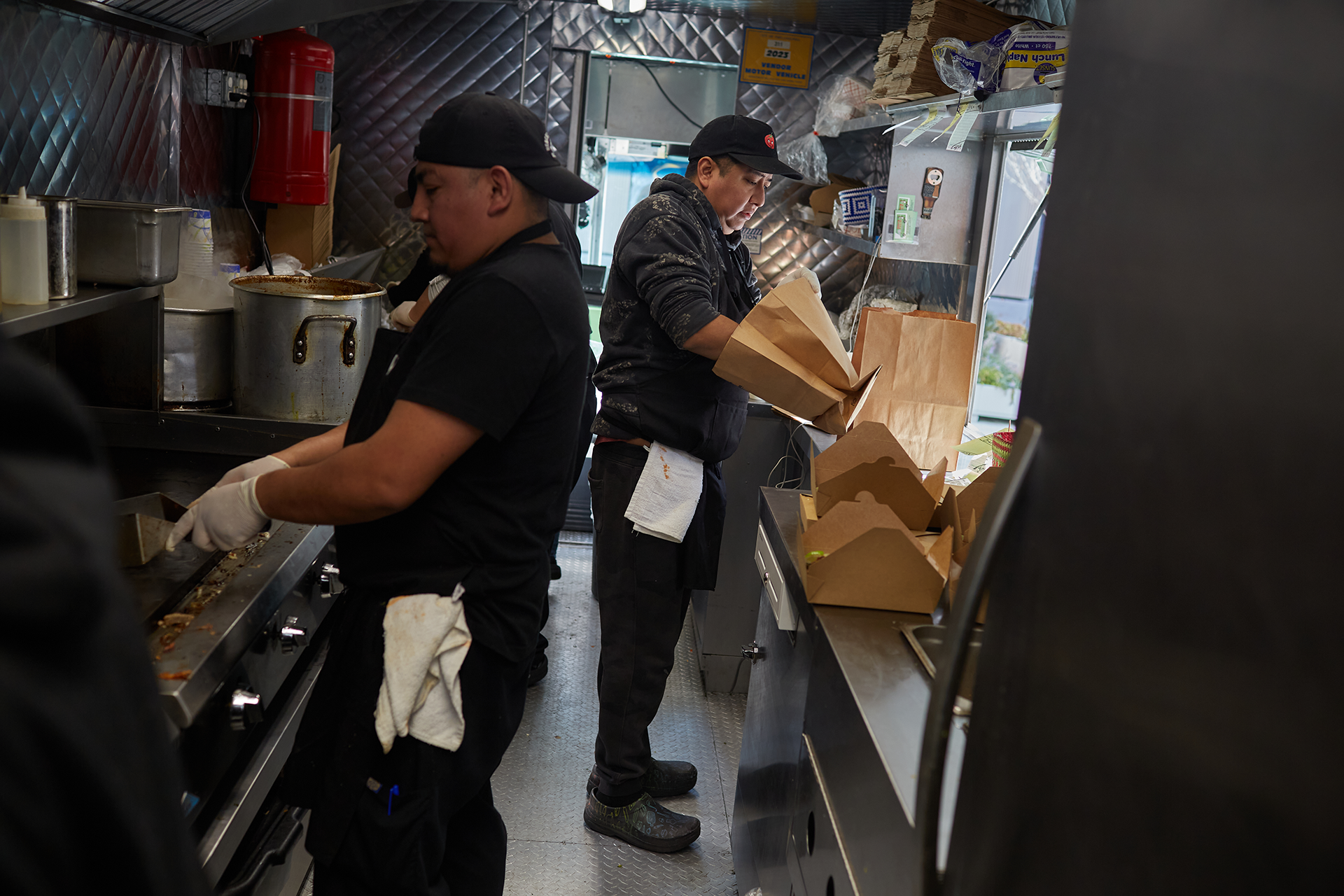
A work in progress
The bag ban bill failed three times before the (now defunct) Zero Waste and Litter Cabinet worked with Mural Arts Philadelphia to promote the #BYOBagPHL campaign that addressed it as a litter issue. “People might not care about environmental issues that seem far away,” says Nic Esposito, former director of the cabinet, who helped write the law. “But people do care a lot when their sewer is overflowing and flooding their front sidewalk because there’s all these plastic bags stuck on the grate.”
Philadelphia benefited from its late start in banning the bags, says Maurice M. Sampson II, Eastern Pennsylvania director for Clean Water Action. It gave the City the advantage of writing the law after seeing how bans had worked in other places. He cited the example of Chicago, which implemented a partial plastic bag ban in 2015. “They basically just substituted the thicker bags and called them reusable,” Sampson says. “In fact, they were not being reused.”
Esposito credits Sampson for crafting the language to include a prohibition of any type of blown-film extrusion bags. “We completely banned the bags by putting into our legislation the definition of how plastic bags are made,” Sampson explains.
Originally, the proposed law included a 15-cent fee for the plastic bags, but it was removed. “There were certain politicians that thought they were protecting their constituents, especially small business owners, by taking that fee out,” Esposito says. “But really, the business owners — after it was all said and done — said they wished the fee was in there because it gives them a little cover to charge for the bags.”
Sampson contends that those opposed to the bag fees don’t understand that it’s the poor communities who are most impacted if the bag ban doesn’t have a fee. “There’s a whole group of supermarkets whose target audience are households with less than $35,000 income,” he says. “They have always charged for their bags … and they do that in order to reduce the costs of the food.” Also, without the fee, the large chain stores can absorb the cost of giving away bags across the country, but local stores must raise prices, he adds.
According to PlasticBagLaws.org, when Chicago implemented a 7-cent tax, the number of plastic and paper bags used at grocery stores dropped 42% in the first month. The fee creates a behavioral change that will prevent people from asking for unnecessary bags, Sampson explains, adding that even though paper bags are less harmful than disposable plastic bags, they still have a negative impact on the environment. “We don’t want you to use 365 bags a year,” he says. “We want you to use one bag 365 days of the year.”
This is not about the fee. This, in our opinion, is a way to change people’s mindset about single-use plastics.”
— Sean McMonagle, legislative assistant, Councilmember Mark Squilla’s office
On April 28, 2022, Councilmember Mark Squilla introduced Bill No. 22036401 to amend the ban and reintroduce the 15-cent bag fee on all provided bags. “It’s still an uphill battle,” says Sean McMonagle, Councilmember Squilla’s legislative aide. “This is not about the fee. This, in our opinion, is a way to change people’s mindset about single-use plastics.”
McMonagle adds that while they would like their work to lead to citizens rethinking their use of items like plastic straws and Styrofoam, that’s a tougher sell. “Plastic bags were a logical place to start because the bags foul city water and recycling processing plants.”
Plastic bags, plastic film and other contaminants continue to be a major challenge for the recycling industry because they impede the sorting process, says John Hambrose, public relations officer for WM, formerly Waste Management. “You can never do enough education to get people to develop good recycling habits — and to hang onto them.”
A City Council vote is imminently expected on the proposed bag-fee amendment, but final passage will require a mayoral signature. Without the fee to recoup the bag costs, compliance will remain an issue. “In Philadelphia [businesses] test these things,” Sampson says. “The business community will test to see if this is going to be enforced, and if it’s not, they’re going to keep doing what they’re doing.”
According to Shemeka Moore, communications director of the Department of Licenses and Inspections, since the bag ban went into effect on April 1, 2022, 106 violation notices have been issued to businesses. “Currently writing Site Violations Notices are our only course of action for non-compliance,” she wrote in an email response in November 2023. She added that from April 1, 2022 to December 31, 2022, the department received a total of 210 plastic bag complaints. In 2023, it received 106 complaints through November.
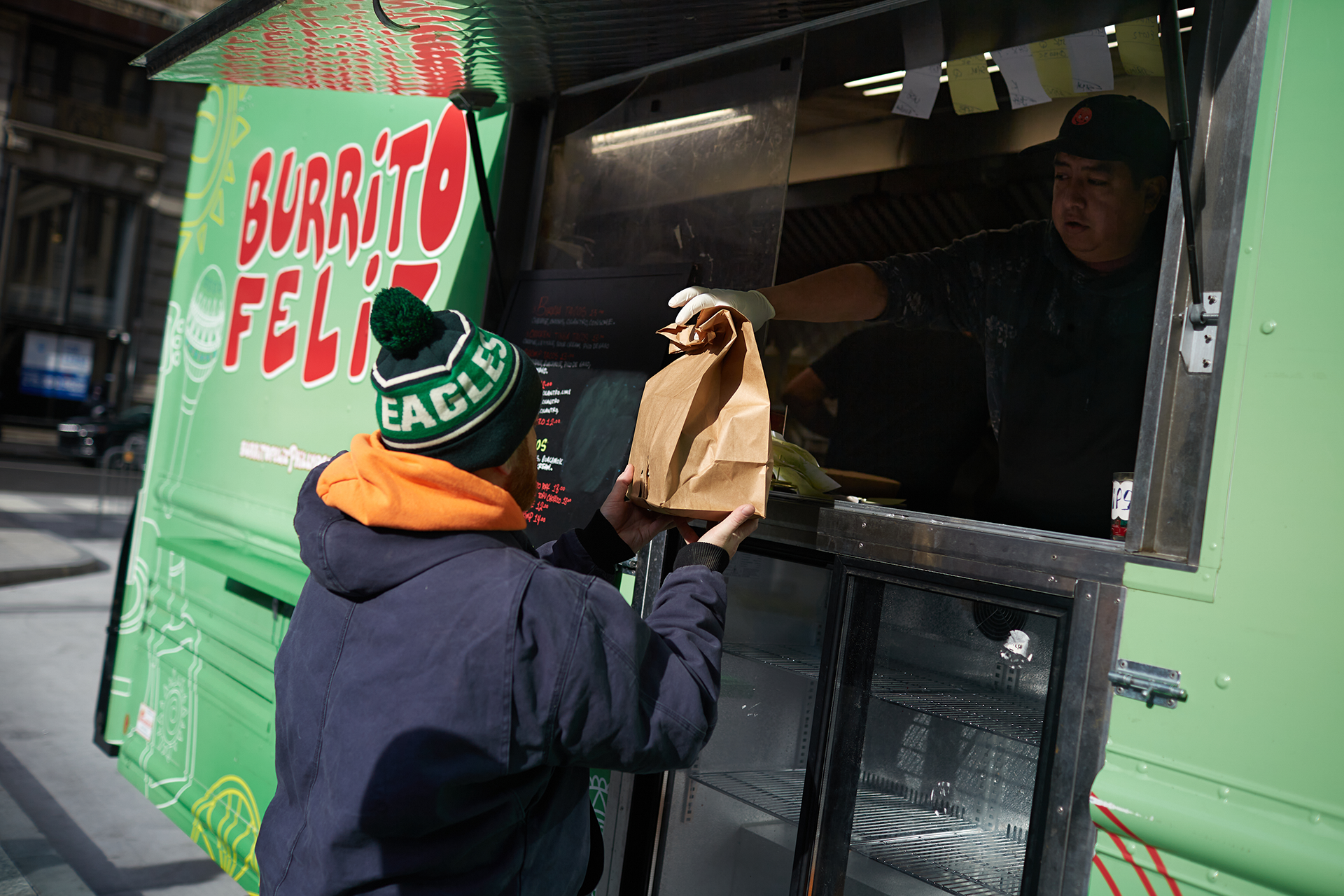
Despite the slow progress, the ban has already made major impacts. In the study released by the Mayor’s Office, researchers also found that there’s been an increase in the number of shoppers using paper bags, reusable bags or choosing not to use a bag at all. And the proportion of consumers using a reusable bag almost doubled from 22% to 42%.
On a weekday afternoon at the Whole Foods in Center City, customers at checkout lines were busy loading groceries — mostly into paper bags. For customers who bring their own reusable bags, the store gives a 5-cent refund on their purchases. A woman in the produce section carried a reusable bag, and when asked what prompted her decision, she explained that it was her daughter’s. “She’s been using it for a long time for environmental reasons,” she said.
“People forget how bad it was before the ban,” says Esposito, who thinks of the law as a work in progress that the City must continue to refine. “It’s low hanging fruit because you don’t need plastic bags.”

